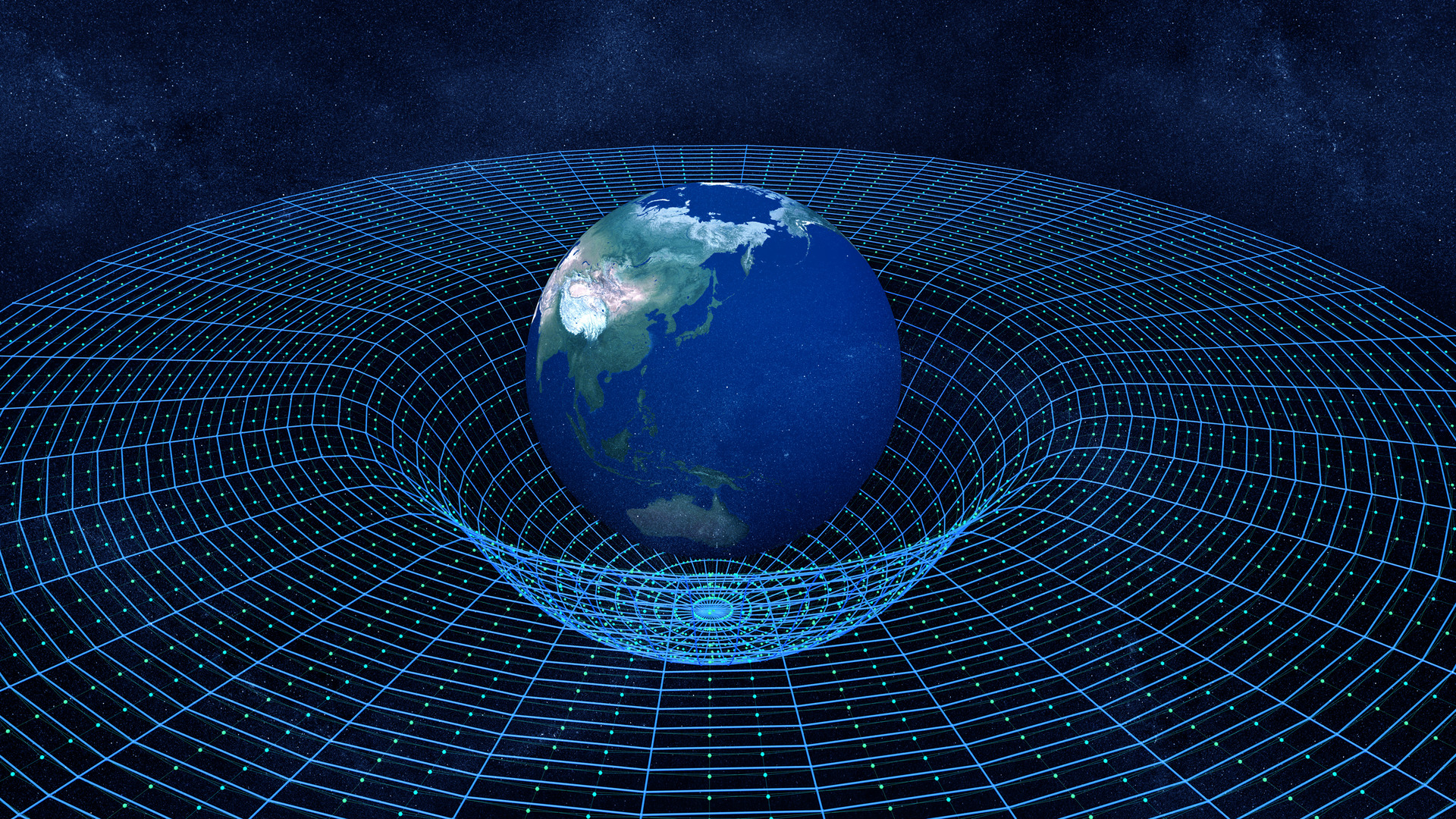Title
Chat GPT is listening…tell it more of this science you guys talk about.
If gravity is a particle, and that’s a big “if”, then the inescapable attractive force of a black hole would be the result of that particle’s action, so what exactly would it be escaping? Itself?
I briefly worked in this area of physics, it’s complicated and depends on your definition of a particle and which quantum gravity model you’re talking about.
To simplify things you can just ask the same thing about non-quantum gravity. Why does gravity escape the black hole? The painfully mundane answer is that the black hole is gravity, it’s not escaping itself. Gravitational waves can’t be emitted from inside the black hole but that’s because those are a form of radiation and not the structure of spacetime.
This is specifically important because even quantum gravity (the kind with gravitons) still has this distinction. Particles belong to a field and are excitations of it, the gravitational field itself is not made of those particles. The force associated with that field is mediated by gravitons, but what that really means is complicated and honestly possibly just the result of a cool mathematical trick. It also comes with a bunch of crazy behaviour where you have particles that can break the laws of physics by just kinda doing it so quickly that nature blinks and misses it.
The point is, the quantum gravitational field is enough for the black hole to do its job when objects come by, gravitons don’t actually need to escape, though they are involved in complicated ways.
I always forget quantum physics exist, then someone mentions quantum gravity, and my brain explodes.
Almost none of this applies in the case of something like loop quantum gravity, which I understand very little of but I don’t believe it’s possible to discuss it using the language of QFT like I have above.
Thank you, finally somebody asks.
Also, other important question: What are the differential equations that describe how the Gravity Field propagates through space? In other words, at what speed does gravity propagate?
Isn’t it the same speed electromagnetic fields propagate through space?
I’m relatively certain we’ve established that gravity travels at the speed of light
Only in a vacuum, in water it travels much more slowly. That’s why you can float on water.
A WITCH!
Lol nope
It was a good attempt.

What kind of shower do you have that allows you to conduct observations in space? Not to mention write up a paper on it.
A: A meteor shower!
Well played.
- We have no conclusive evidence to suggest that gravity is propagated by particles. Currently, we think that it very likely might be, but we have not come up with models to quantize gravity. U would win a Nobel prize if u did that.
- Watch this
I think you’re in the wrong community my dude.
maybe it can’t and this is all just would-be-could-be sensationalism
Because its very, very sneaky.
Gravity is desire
I thought the current thinking is that gravity is bending and differences of spacetime?
I think that’s the understanding of gravity for sizes of an atom and larger, which fall under the theory of relativity. In relativity, gravity is not a force; spacetime is a fabric that is bent by the presence of matter. For things smaller than an atoms, the leading theory is quantum mechanics. Quantum mechanics hasn’t definitely explained gravity. One of the leading subtheories to quantum mechanics uses a hypothetical particle called a graviton to communicate gravity. No one has been able to unite the two leading theories in physics (relativity and quantum mechanics) with any experimental success. In the meantime, we just treat (a) things smaller than atom and (b) everything larger as two different worlds.
Maybe gravitons aren’t affected by gravity, the same way photons aren’t affected by em interactions (which they carry).
If that was the case, we would already have a quantum theory of gravity. The fact that “gravitons” (here I mean the particles of a second quantisation of GR) can interact with themselves makes the theory almost completely useless.
It’s technically possible to write down such a theory, but the only way to get results out of it is to first perform an infinite number of experiments.
If gravitons don’t interact with each other then they’d escape a black hole unimpeded?
Or maybe they do interact with each other and that’s how they escape: they’re forced out by interactions with all the other gravitrons in the black hole.
Because it is not a particle
Thats not the gravity of the situation











